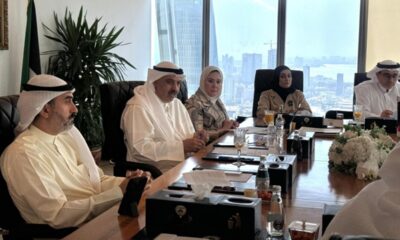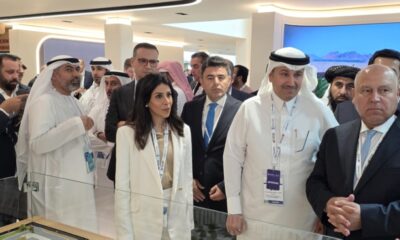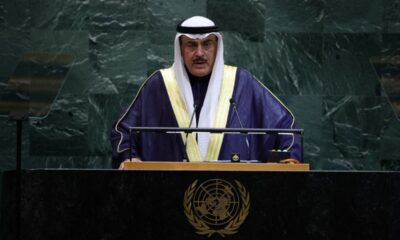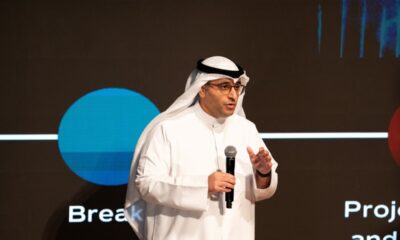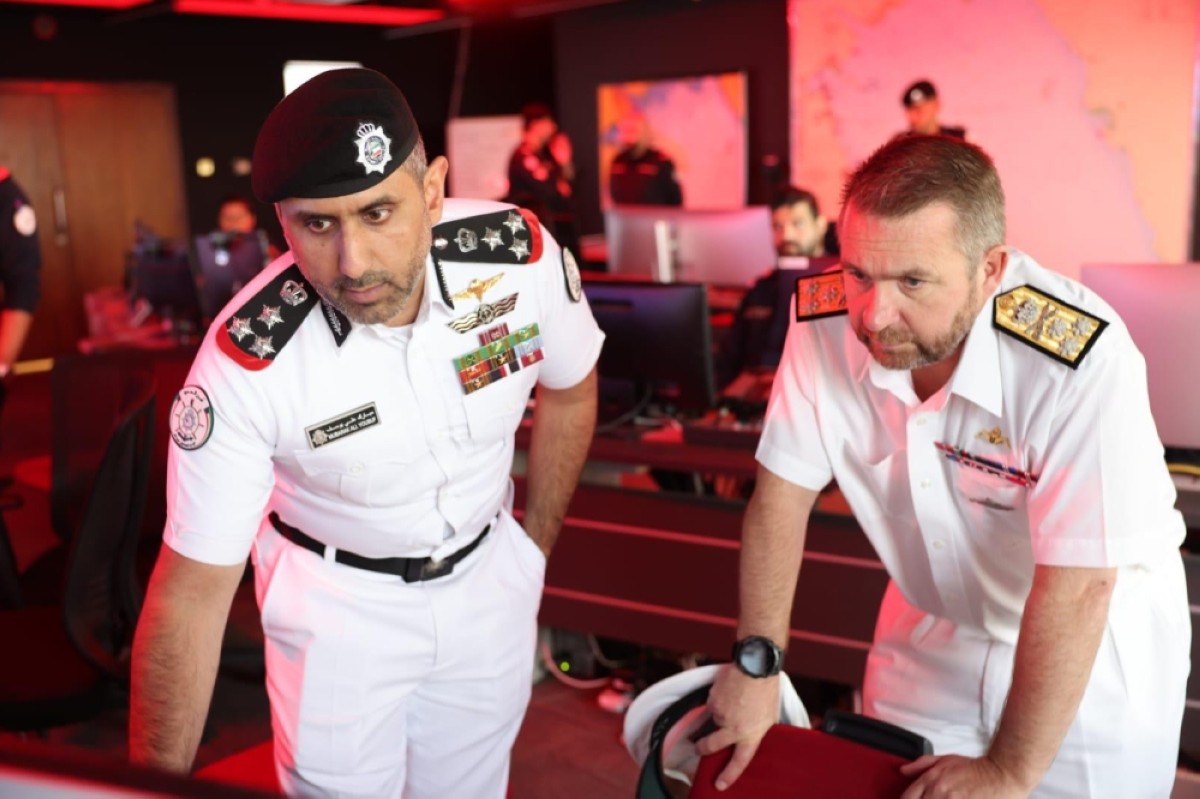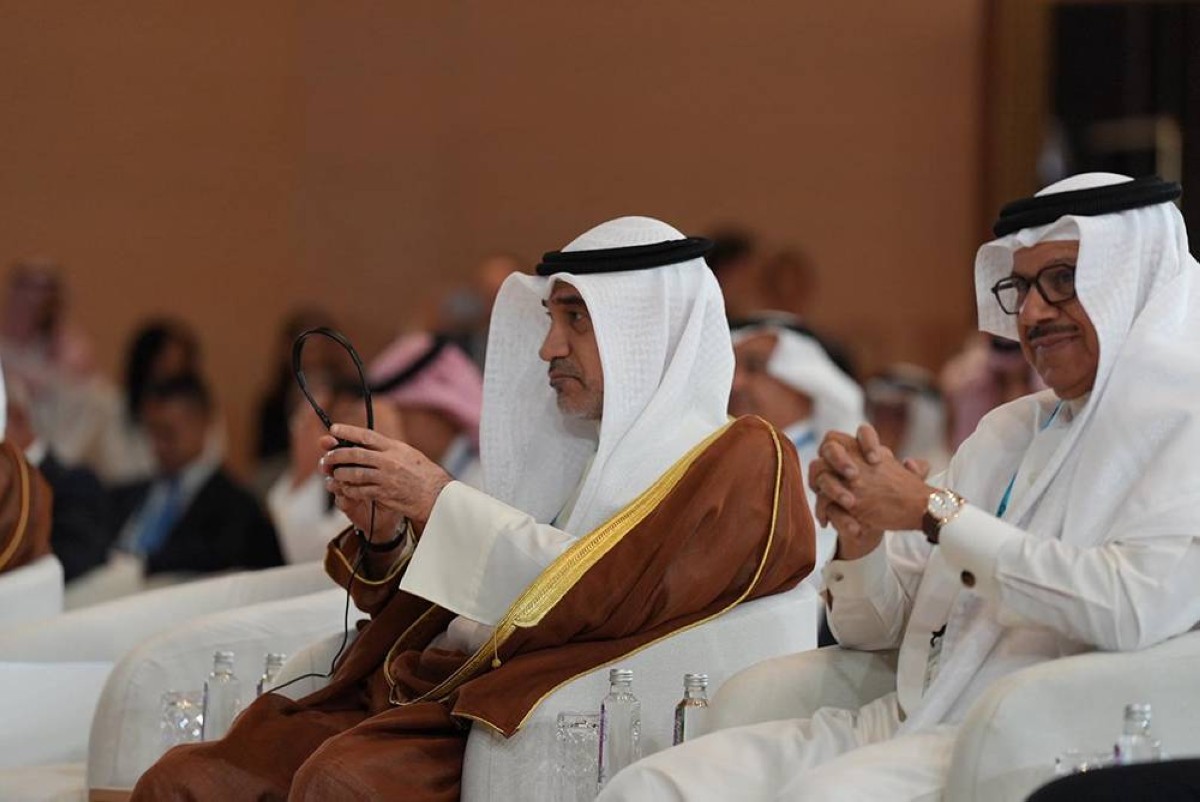KUWAIT: The Ministry of Oil affirmed that nuclear radiation remains one of the most serious health and environmental challenges of the modern era, emphasizing Kuwait’s strong commitment to addressing this issue through an integrated regulatory framework, well-structured emergency plans, and advanced scientific monitoring networks covering various regions of the country. These efforts aim to ensure the highest standards of environmental and public health safety.
This statement was made by Sheikha Tamader Khaled Al-Ahmad Al-Sabah, Director of Public Relations and Media at the Ministry of Oil, during a health awareness seminar held Monday under the title “Risks and Damages Resulting from Nuclear Reactors and Their Impact on Human Health.” The seminar is part of the ministry’s ongoing initiative to raise community awareness and promote a culture of prevention among oil sector employees.
Sheikha Tamader lauded the efforts of governmental and technical agencies in enhancing public understanding of nuclear radiation dangers and preventive measures. She highlighted the role of such scientific forums in fostering a sustainable preventive culture across both public and private sectors. She added that the Ministry of Oil, in collaboration with relevant authorities, is actively conducting educational programs and specialized workshops to raise awareness about nuclear reactor risks and radiation leakage, while developing national infrastructure for preparedness and response to radiological and nuclear emergencies.
She stressed that prevention begins with awareness, and investing in education, training, and readiness is key to protecting people and the environment. She called for continued support of scientific and awareness initiatives and the strengthening of institutional cooperation among state ministries and regulatory bodies to guarantee community safety and environmental sustainability. In a related address, Salem Al-Azmi, Head of Radiology at the Radiation Protection Department of the Ministry of Health, reviewed the health risks associated with nuclear reactors, their operating mechanisms, and the preventive measures adopted locally and internationally.
Al-Azmi explained that nuclear reactors are among the world’s most important sources of energy due to their ability to generate large amounts of electricity efficiently, but they carry serious health and environmental risks if not managed under strict controls. He described nuclear reactors as power plants that produce electricity through nuclear fission — a process where an atom’s nucleus splits into smaller nuclei, releasing thermal energy that heats a coolant, usually water, to create steam. The steam then drives turbines connected to electric generators.
He noted that while nuclear power plants operate similarly to conventional power plants that burn coal, oil, or natural gas, the primary heat source in nuclear plants is atomic fission. He pointed out that nuclear energy has comparatively low environmental impact on Earth and natural resources.
Al-Azmi outlined the potential environmental hazards in the event of a radioactive leak, such as contamination of air, water, and soil with substances like cesium-137 and iodine-131. However, he reassured that these materials naturally degrade over time and that effective environmental rehabilitation and mitigation plans are in place. He highlighted that potential effects on wildlife and agriculture, including temporary declines in crop and animal quality, can be managed and mitigated through safety protocols and environmental restoration.
Regarding preventive actions, Al-Azmi advised sheltering indoors in well-sealed spaces, which can reduce radiation exposure by half, using closed basements or airtight shelters, and wearing protective masks for the nose and mouth. He also presented information on Iran’s Bushehr nuclear reactor, noting that it is solely dedicated to electricity generation with a capacity of 1,000 megawatts. The reactor operates under full international supervision, is non-military, does not produce nuclear weapons, and is located approximately 280 kilometers east of Kuwait. — KUNA
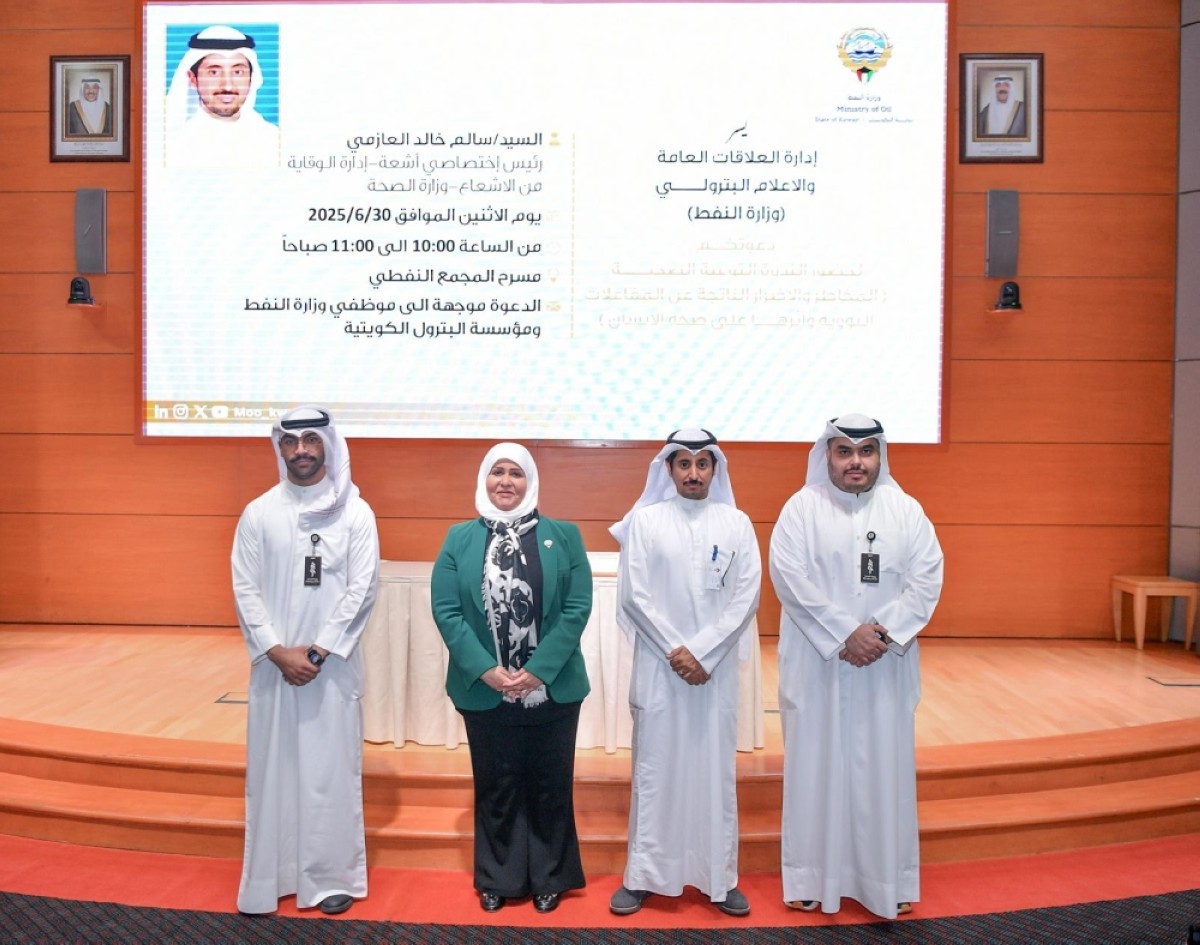

 Latest News22 hours ago
Latest News22 hours ago
 Politics8 hours ago
Politics8 hours ago
 Business15 hours ago
Business15 hours ago
 Latest News15 hours ago
Latest News15 hours ago
 Latest News13 hours ago
Latest News13 hours ago
 Latest News6 hours ago
Latest News6 hours ago
 Politics5 hours ago
Politics5 hours ago
 Latest News5 hours ago
Latest News5 hours ago
